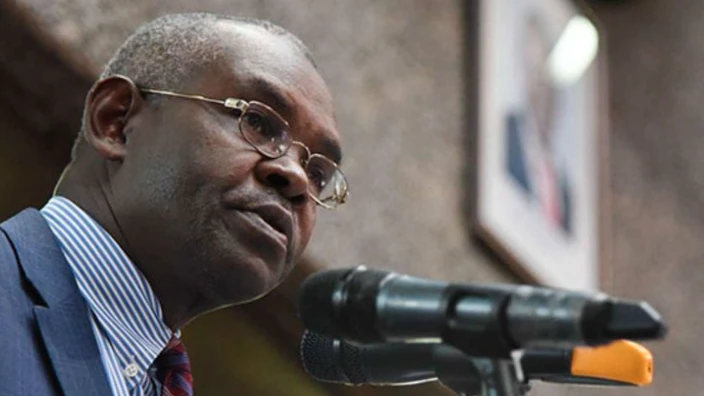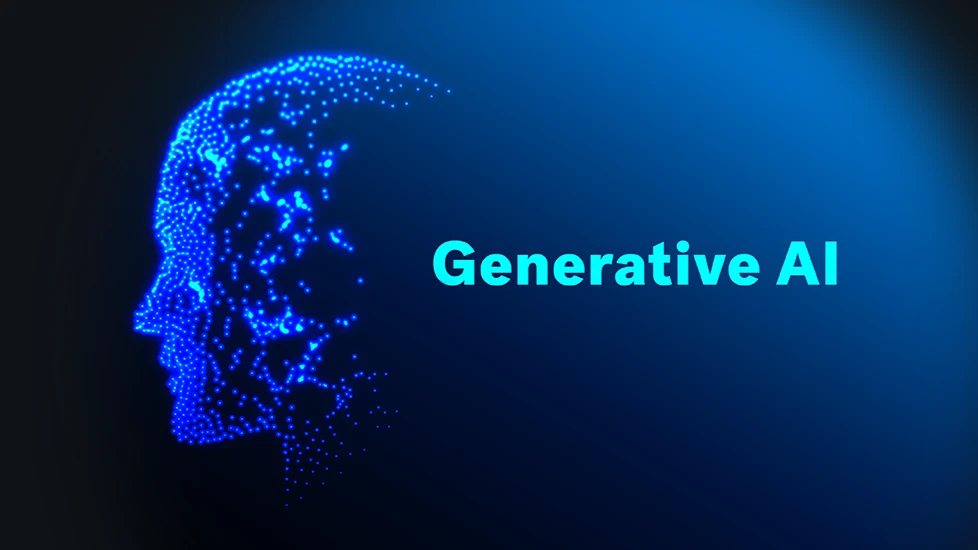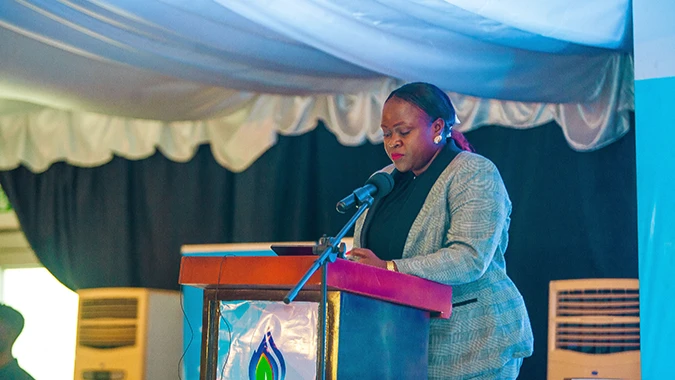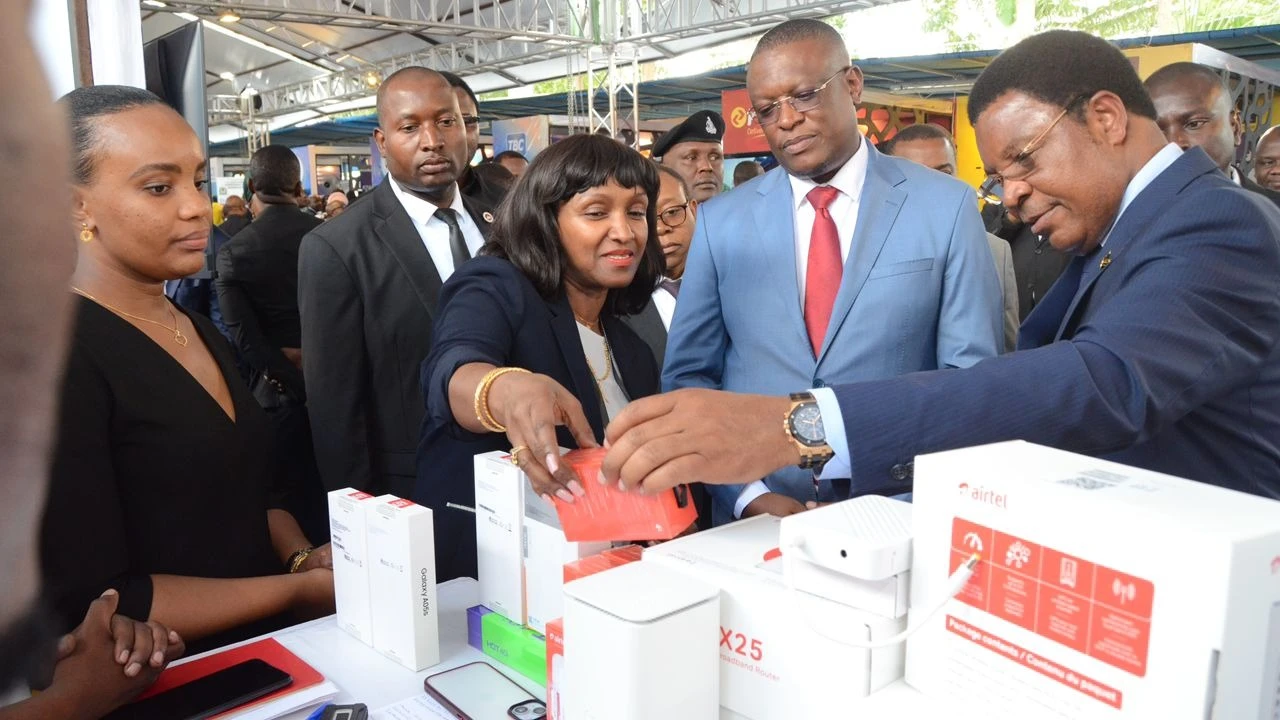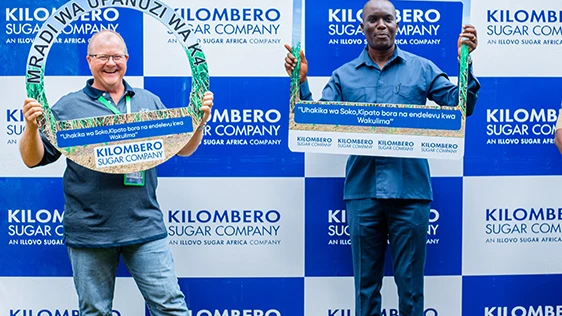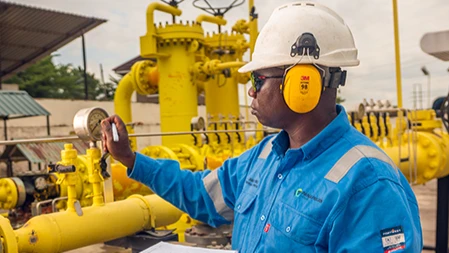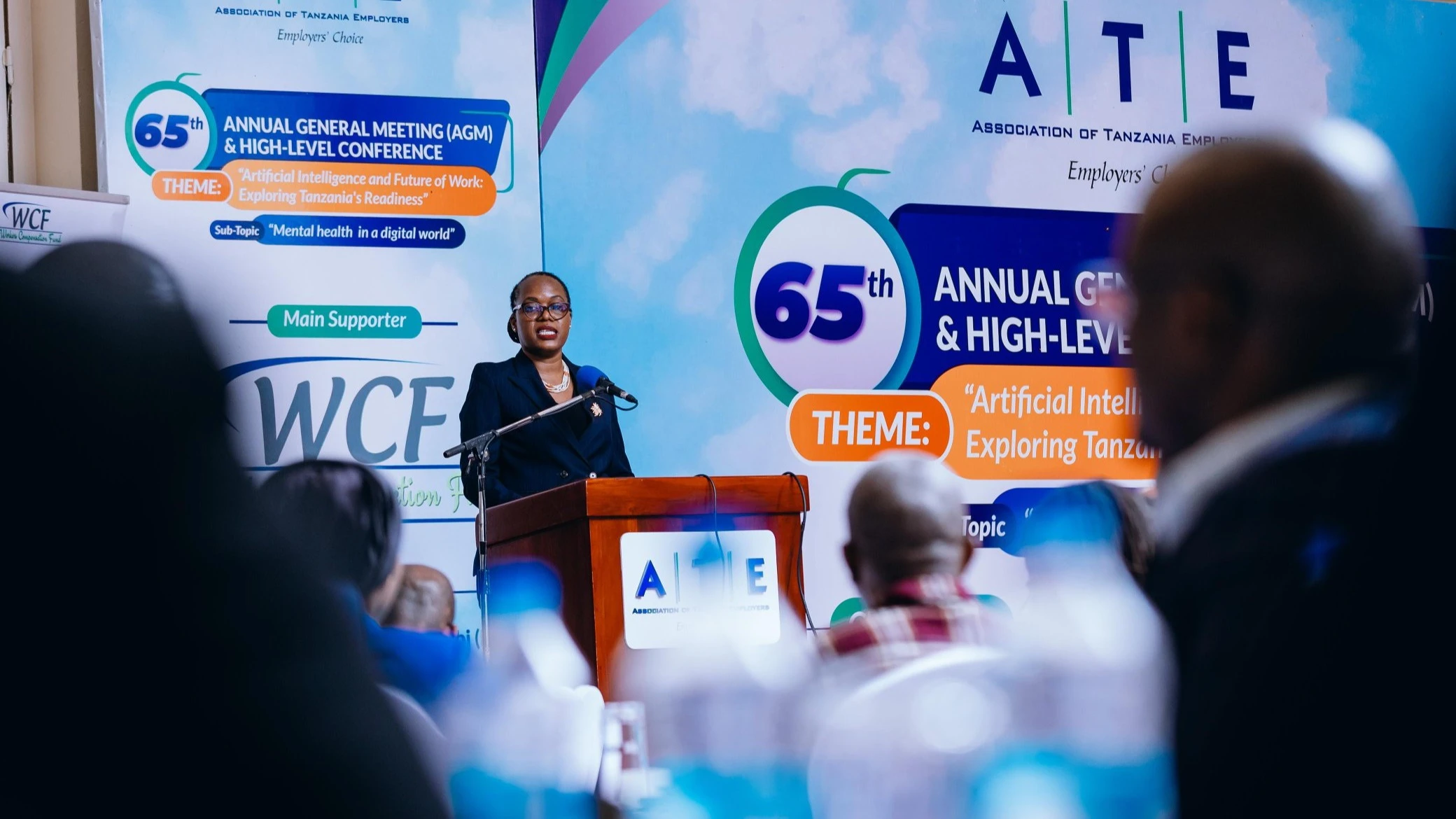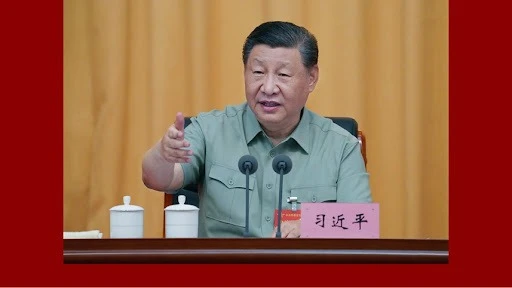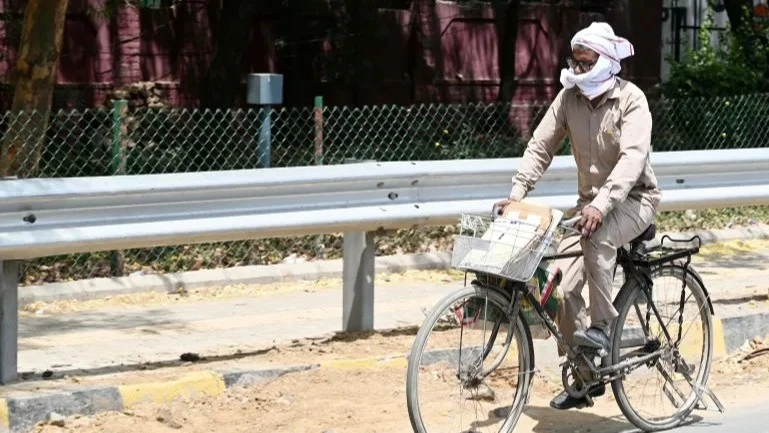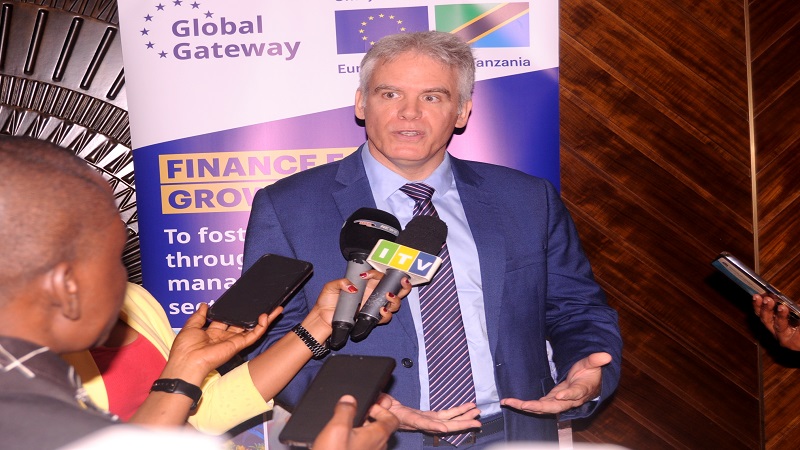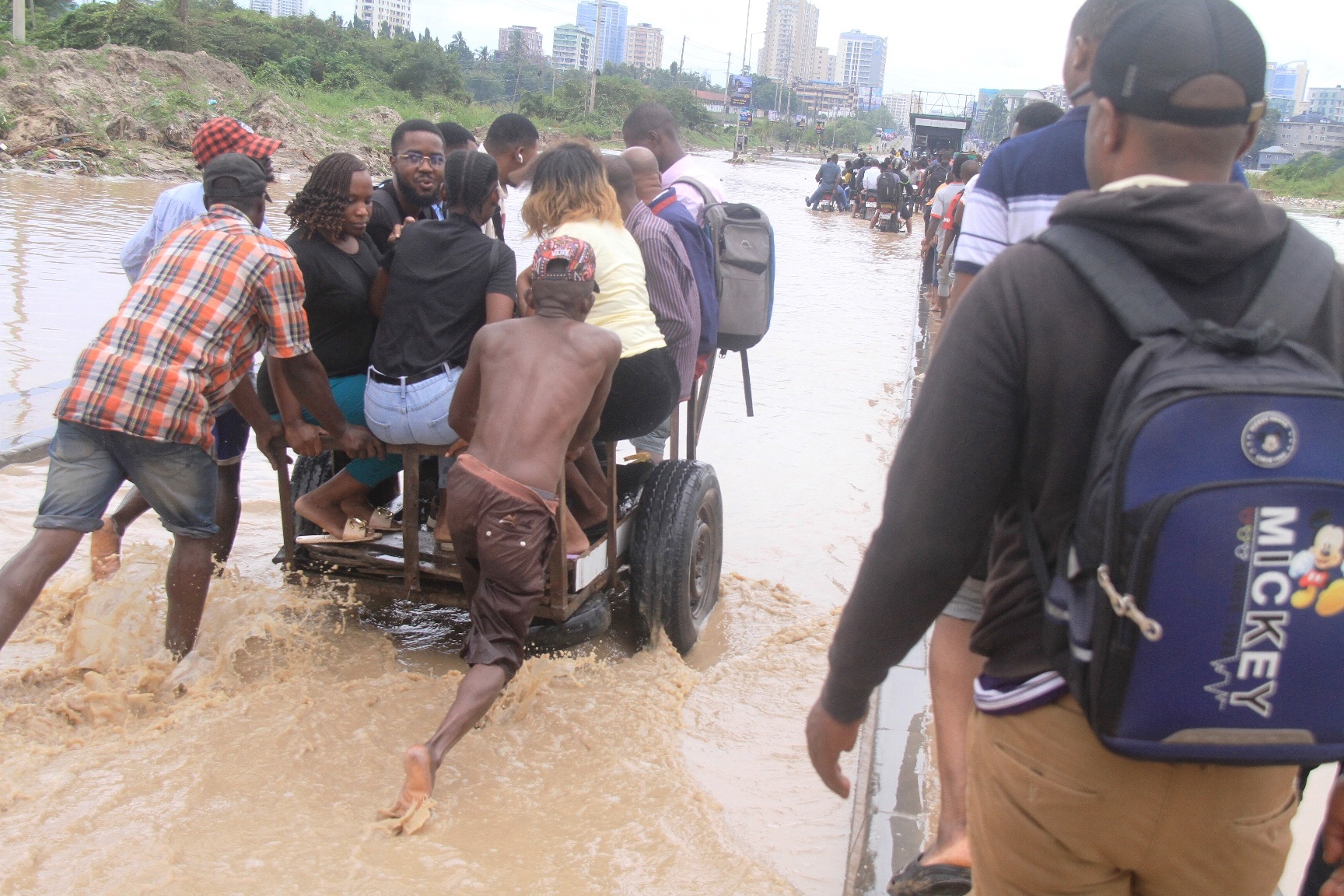Digital remittances lift millions from poverty
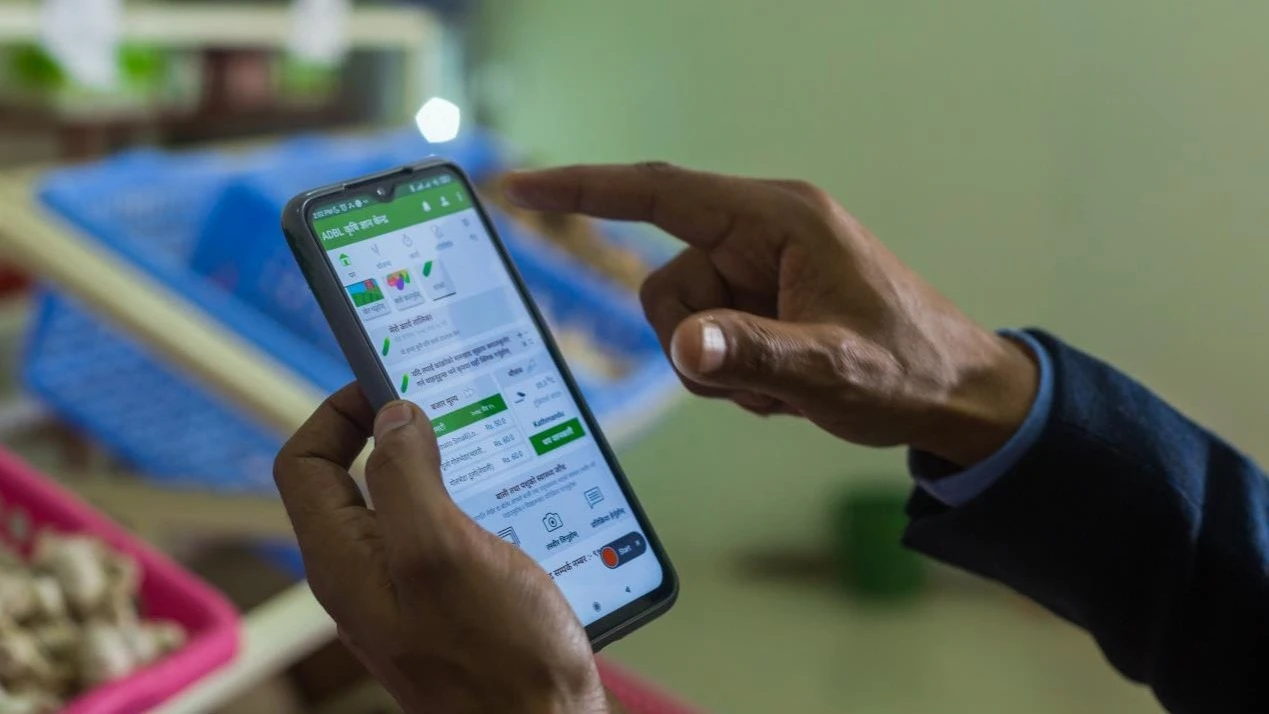
IN celebration of the International Day of Family Remittances (IDFR) on 16 June, the G20’s Global Partnership for Financial Inclusion (GPFI) has today unveiled a new report that provides evidence of the transformative impact of digital remittances, as a driver of financial inclusion and poverty reduction worldwide.
A statement issued by the UN’s International Fund for Agricultural Development (IFAD) and shared to this journalist indicated that despite persistent gender gaps, the hard-earned money sent back home by migrant workers remains a vital lifeline for over 800 million people, particularly for women and vulnerable populations.
The report dubbed: “Promoting Financial Inclusion through Digitalization of Remittances,” which was authored by IFAD with contributions from the World Bank and the GPFI, showcases significant strides in digitalizing remittance distribution channels.
“Digitalization reduces transfer costs, speeds up transactions, and enhances security and tracking of payments. It also broadens access to financial services like savings, credit, and insurance, especially when accompanied by proper consumer protection and financial education policies. These benefits promote financial inclusion and build financial resilience for remittance families," says Magda Bianco, co-chair of the G20 Global Partnership for Financial Inclusion (GPFI) and head of the Consumer Protection and Anti-Money Laundering Directorate at the Bank of Italy.
“The digitalization of remittances is spearheading change, especially in rural and underserved areas. It is connecting millions of unbanked people to basic financial services that make a real difference in improving their lives,” said Pedro de Vasconcelos, Manager of IFAD's Financing Facility for Remittances.
Beyond addressing immediate needs such as food security, health assistance, education, housing, and sanitation, one-quarter of remittance flows are saved, invested, or used to start businesses. Around US$75 billion annually goes towards rural development.
The G20 report emphasizes how digital remittances provide women with greater control and privacy over their funds. “Digital remittances allow women to access funds directly and securely, empowering them to make financial decisions that benefit their families and communities. Women are more likely to allocate these funds towards household consumption, thereby contributing to poverty alleviation,” said de Vasconcelos.
Since 2017, the gender gap in accessing digital remittance and financial services has narrowed, with the gap in account ownership falling from 9 to 6 percentage points.
Despite progress, challenges remain in ensuring that the benefits of digital remittances reach all societal segments. Vulnerable groups, including women, the elderly, and rural communities, often face barriers to accessing digital financial services. The report calls for concerted efforts to address these disparities and enhance financial literacy and trust in digital solutions.
The shift to digital formal channels is crucial for achieving the Sustainable Development Goals (SDGs) by 2030. Projections estimate that over US$5 trillion—more than three times the annual GDP of all low-income countries combined; will be sent home by migrants to low- and middle-income countries, directly benefiting rural areas where 80 percent of the world’s poorest reside. However, the global goal set for 2030 (SDG10.c) is not on track. At the current rate, the cost of sending remittances will only drop to 4.5 percent by 2030, compared to the 3 percent target.
This IDFR celebrates the contributions of migrants and the collaborative efforts of financial service providers, governments, and international organizations. Public-private partnerships have been crucial in driving the digital transformation of remittance services.
The GPFI report calls for continued investment in these partnerships to sustain the momentum of financial inclusion efforts. It underscores IFAD's ongoing commitment to leveraging digitalization to maximize the impact of remittances with the financial support of the EU.
In the Gambia, where remittances make up over a quarter its GDP, financial inclusion is low, with only one in three Gambians having a bank account or mobile wallet, according to World Bank FINDEX report in 2022. With support from IFAD, APS, a Gambian-owned company, has enabled over 125,000 people to open digital wallets, significantly boosting financial access.
By fostering financial inclusion and resilience, new opportunities can be unlocked for millions of families worldwide as remittances flows significantly exceed the sum of Official Development Assistance and Foreign Direct Investment in most low- and middle-income countries.
IDFR, a universally recognized observance, was adopted by the Governing Council of IFAD on 16 February 2015, and later by the United Nations General Assembly in 2018, and it is marked every year on 16 June.
The day recognizes the contribution of over 200 million migrants, half of them women, who send remittances home to improve the lives of their 800 million family members.
Top Headlines
© 2024 IPPMEDIA.COM. ALL RIGHTS RESERVED




